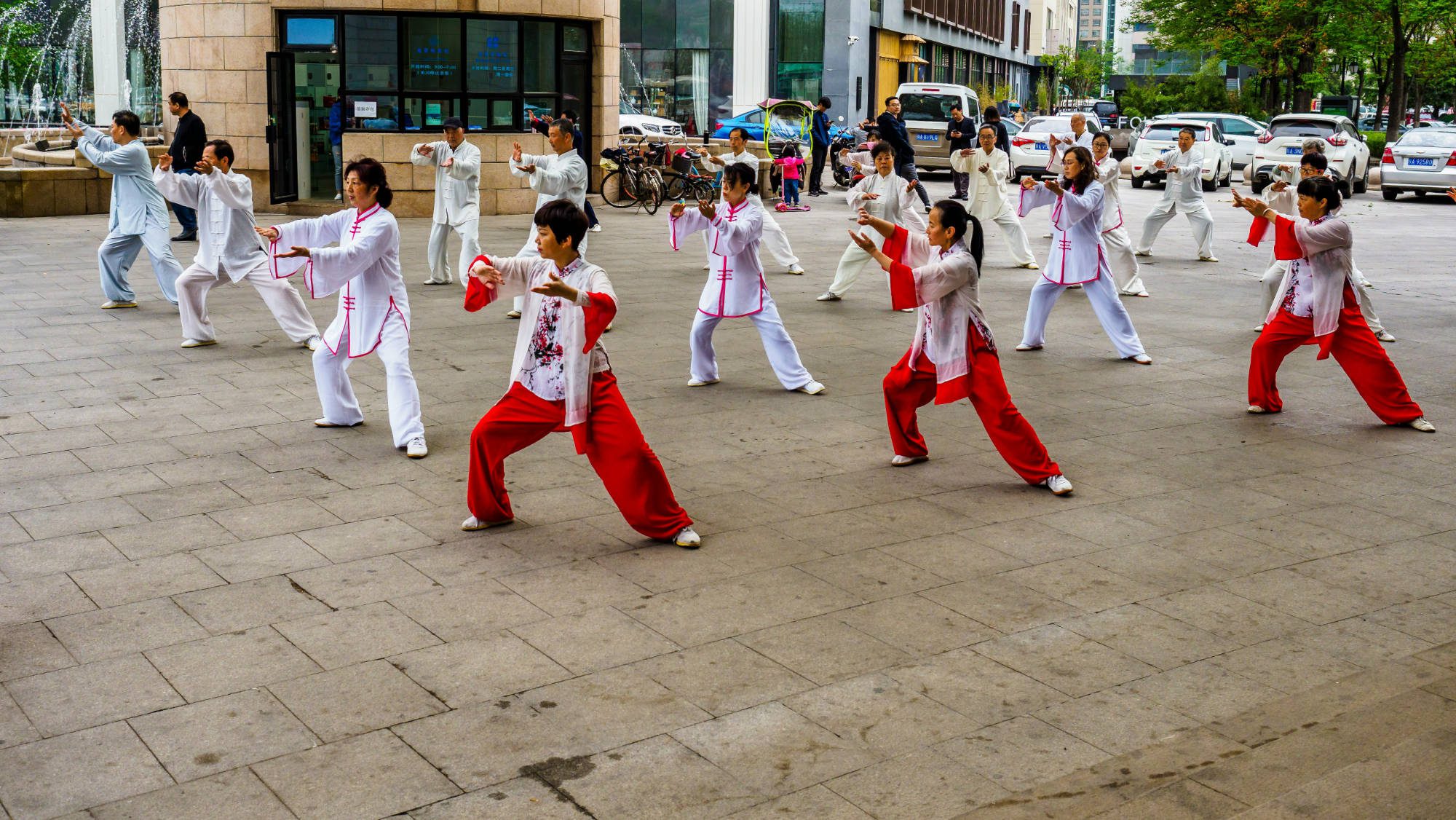You know that scene in The Matrix when Neo finds himself face-to-face with a spray of oncoming bullets? He expertly handles the situation by slooooowing everything down and neutralizing the bullets. They drop to the ground like pebbles before they ever reach him:
A regular meditation practice can help you become impervious to the “bullets” in your day-to-day life: those “hooking” thoughts, emotions and feelings that compel you to act out automatically (and sometimes, in ways that you regret).
Watch our video on the topic below, or if you prefer to read about it, read on!
How we get hooked by thoughts, feelings and emotions
Have you ever said something and then regretted it?
Chances are, your regretful action was the result of getting “hooked” by an emotion—like anger, for instance.
You have no doubt noticed that emotions—even mild ones
—have quite a momentum to them. That momentum is almost inescapable when we identify with our emotions. We get sucked in by the emotion’s swirling current, and it has its way with us. We are compelled to automatically act the way we have acted before when faced with the given emotion. This is called a re-action (acting again).
Reactions reinforce themselves
Any repeated action is like building a habit. The more you do it, the more second nature it is, and the easier it becomes. Reactions are no different.
The more we react unconsciously to an emotional trigger, it doesn’t have to be a very strong one, the more the emotion-reaction pattern becomes entrenched. The more entrenched the pattern, the more likely you are to automatically repeat the reaction the next time that emotion arises.
Reacting unconsciously to an emotion feeds that emotion’s power over you in the future. Then we have a situation where the tail’s wagging the dog, and your emotions are calling the shots.
How you can neutralize those emotional bullets (like Neo)
Let’s get back to our hero Neo, from The Matrix.
Imagine that the bullets coming at him are actually emotions arising in his awareness.
Rather than get hooked and barbed by them, he is able to respond to them deftly, as is appropriate to the situation.
How does he do that?
By slowing things down.
Meditation helps you learn to slow things down by developing a sense of space between you and your emotions—and therefore their power to “hook” you into certain behaviors.
As we discussed on Day 2 of this meditation lesson series, meditation builds your capacity to identify your thoughts and emotions as they appear. Rather than not cognize them at all, or doing so well after they first appear, and therefore after they have compelled you to act.
When you strengthen your ability to identify thoughts and emotions during meditation, you’ll find it easier to do so in your day-to-day life. Imagine being able to consistently spot your compelling thoughts and emotions in real time, as you interact with people, places and things. What a game changer!
Instead of getting hooked by emotions and patterns of past behavior, you spot the ITCH when it first comes up, but with your awareness of it, have created enough space and time for yourself to determine whether or not (or how) you want to SCRATCH it.
This is what it means to respond to a situation rather than re-act to it. Responding instead of reacting is living creatively as opposed to automatically.
To do so, we’ve got to learn to slow things down (often also referred to as “mindfulness” or “being in the present”—keeping our attention on what is arising in the given moment.
So next time you feel a strong emotion come up—think of Neo from the Matrix. Slow things down. Watch that emotion but don’t act out based on the first thing that emotion tells you to do.
Meditation, is a wonderful way to get good at that, and it’s easy to understand why. When you meditate, you are making time in your day to turn your attention inwards and get to know that internal landscape. You get skilled at observing these subtle influencers—thoughts thoughts, emotions and feelings—as they come up.
A meditation exercise to try
- Sit somewhere quiet and
- Count your breath (one inhale and exhale = 1). Count up to 10 and start over again.
- When you get distracted or diverge from the counting, notice what came up. For example: a worry.
- Give that thing that came up a name (“worry”) and then acknowledge the content of that worry in just a few words (“worry about Board Meeting next Friday”)
- Then go on to your counting.
The more you sit for meditation, the more skilled you become at recognizing those oh-so-subtle (yet oh-so-powerful) thoughts and emotions soon after they arise.
So many benefits to having a meditation practice
Your ability to recognize these thoughts and emotions is just ONE of myriad benefits of a regular meditation practice. Explore our videos-articles covering several other benefits below.
- Give yourself a daily vacation with a meditation practice More vacation time with a meditation practice
- Prime your mind to investigate the BIG questions in life with meditation Develop more mental clarity to advance your truth-seeking and deep-thinking
- How to take the ‘problem’ out of your ‘problems’ (meditation to the rescue) Strip the problematic-ness from your problems
- How meditation helps you be less judgmental (and more discerning) Judge less, discern more (and how that makes you happier)
- Use meditation to generate (and spread) positive feelings Generate positive feelings (and spread them) with loving-kindness meditation
- How meditation makes negative feelings more manageable in your day-to-day life Make negative feelings more manageable with this simple technique
- How meditation makes you more like Neo from The Matrix
- Meditation gets you FOCUSED (and therefore happier, and more productive) Train your mind to be more focused (making you happier and more productive)
- Sensitize yourself to the subtleties of experience with meditation Sensitize yourself to the subtle (yet POWERFUL) thoughts and emotions that determine how you interpret the world
- Cultivate the World’s Most Useful Attitude with meditation Develop life’s #1 most useful attitude with meditation: that of acceptance (and why practicing acceptance does NOT make you a doormat)
Questions or comments about meditation or your meditation practice?
We’d love to hear them! Please leave them in the comments below.
We would love to hear about it! Please share in the comments section below.







